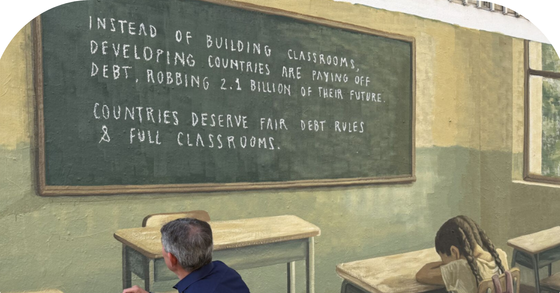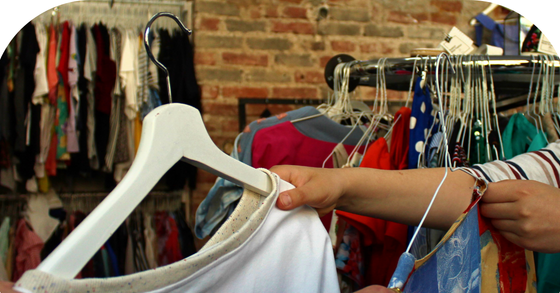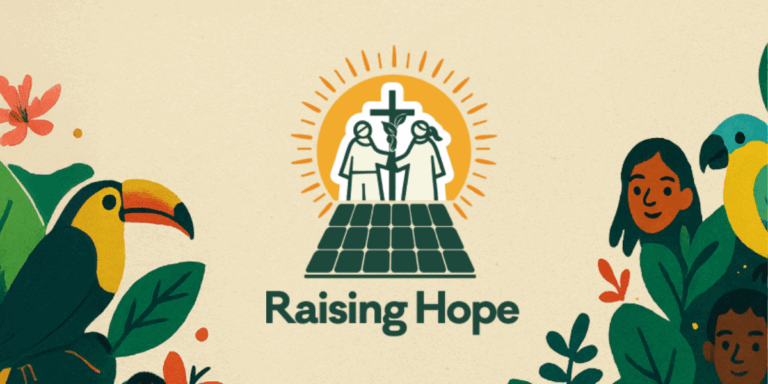ELSiA members share their thoughts on the outcome of COP28
As Catholic actors engaged in COP28 processes, our focus has been on facilitating, pursuing, and advocating for solutions that uphold the dignity of all human beings and the whole of Creation, promote social and environmental justice and create equal opportunities for all to take bold steps to halt climate change and reverse its impacts.
As Pope Francis has urged us all in Laudate Deum, “We must move beyond the mentality of appearing to be concerned but not having the courage needed to produce substantial changes. […]” (LD 56).
In fact, courageous steps were needed on issues concerning but not limited to the following: the orderly phase-out of all fossil fuels in this critical decade in a just and accelerated manner; the operationalization of the Loss and Damage fund; debt relief that would enable a level playing field for all economies to reshape their energy production and consumption; a swift transition to a sustainable food production system with agroecology at its heart. Urgent actions, in all these areas, need to be taken concomitantly.
The first positive takeaway from COP28 is that, in the final text, the United Arab Emirates Consensus (UAE Consensu), all parties acknowledged that to limit temperature rise to 1.5°C, the phasing away from fossil fuels is the way to go. This marked the first time that all parties agreed in writing on this key issue, and it is the result of the conclusions of the first ever global stocktake, which has shown how Parties are off track when it comes to meeting their Paris Agreement goals.
A second encouraging sign came from the creation of the Loss & Damage fund, the parties now have a duty to operationalise it by paying the agreed contributions in a timely manner.
A third positive takeaway is that faith based civil society organisations had a dedicated platform in the Faith Pavilion. This has facilitated the connection and the exchange among representatives of religious organisations and churches, delegates and activists, especially from countries most adversely impacted by climate change. This has afforded us a unique chance to bring our innovative solutions and ideas to audiences that we would not normally be able to reach out to. In addition to that, it has been an acknowledgement of the important role that faith-based organisations play in climate talks.
Also, for the first time, a COP’s final document encourages the implementation of integrated, multisectoral solutions, such as land use management, sustainable agriculture, resilient food systems, and ecosystem-based approaches.
However, there are shortcomings. The UAE Consensus failed to include a decisive and binding plan to reduce greenhouse gas emissions by 43% by 2030 compared to the 2019 level which is necessary to meet the target set by the Paris Agreement.
As ELSiA’ s work is focused on the European Union, we are especially concerned that EU member states are not acting coherently to reach this goal and seem to have shelved several initiatives of the EU Green Deal that would have put the EU on track to reach this goal.
We urge European leaders to keep climate action and climate justice high in their priorities and adopt the integral ecology paradigm as their blueprint for decision-making, pursuing justice and peace at every opportunity, be it at a climate conference or any other fora.
Furthermore, we believe that the UAE Consensus places an undue emphasis on the “technocratic paradigm”, against which Pope Francis warned us all in his Encyclical Laudato Si’. Countries should not rely on technofixes like carbon capture and storage and “transition fuels” as a way out from removing all fossil fuels subsidies and giving free passes to some industries to continue polluting. We believe the European Union should lead the decarbonization of energy production and consumption, also in the light of the continent’s historical responsibilities and plan its phase out from oil and gas.
In addition to that, we encourage more EU member states to demonstrate support to the call to establish a Fossil Fuel Non-Proliferation Treaty (FFNPT), a mechanism that if subscribed to, could manage the global just transition away from coal, oil and gas.
ELSiA reiterates the call of Pope Francis to all the people of good will to act swiftly on the climate crisis, and this call is especially directed at EU policy makers and political leaders who have responsibilities not only towards European inhabitants, including future generations of Europeans, but also all towards all the millions of persons worldwide who are impacted by the consequences of their decisions, to act on the climate crisis decisively, with courage and in line with the principles of solidarity and subsidiarity, principles shared by both the EU and the Catholic Church. We regret that at COP28 discussions on sustainable food systems were not given enough attention and we encourage the European Union to put a strong emphasis on agroecology and ecosystems-based approaches to address its vulnerabilities in this sector, including when in dialogue with international partners. We also urge the EU to reduce methane emissions in all sectors and stick to its Methan Action Plan as formulated in November 2022, and advocate for similar strategies worldwide.
ELSiA champions Pope Francis’ message and remains committed to advocate at EU level for fair climate and biodiversity legislation; to promote the ecological conversion through lifestyle changes and prayer and to contribute to further an ecological spirituality that will continue to inspire awe and wonder in all committed to protect our Common Home and the Common Good.
Here you can find the full statement



